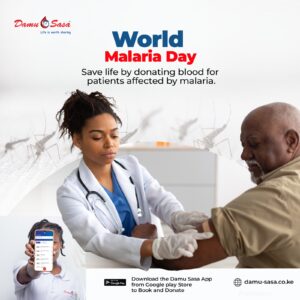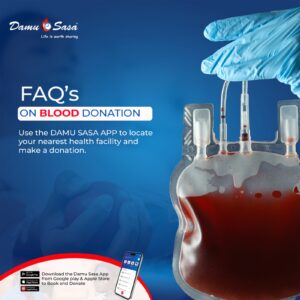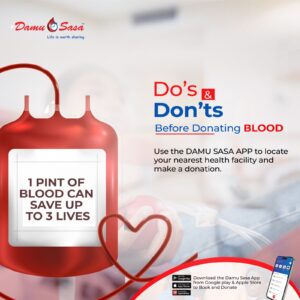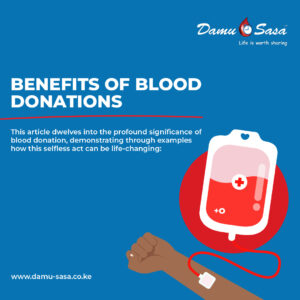Blood is made up of red blood cells, white blood cells, platelets, and a liquid called plasma. Blood is normally identified based on type — commonly referred to as Blood Type or Blood Group. Blood Groups are normally identified based on the antibodies and antigens in the blood.
Antigens are protein molecules found on the surface of red blood cells, whereas antibodies are in the plasma. It is important to note that antibodies function as the body’s defence mechanism against foreign substances, thereby helping you to fight off infections.
Blood Groups are one of the unique aspects of human biology, in part due to the different variations and how they affect blood donation and blood transfusion. The main aim of this article is to help you understand and appreciate the different Blood Groups.
Based on antigens and antibodies, blood is primarily classified into four groups: A, B, AB, and O. Further, each Blood Group normally has a Rhesus (Rh) factor. This can be either Rhesus-positive (commonly denoted as Rh+) or Rhesus-negative (commonly denoted as Rh-).
The Rh factor refers to the presence (Rh+) or absence (Rh-) of a specific protein in red blood cells. For example, if Blood Group A has the presence of the specific protein mentioned above, it is denoted as Blood Group A+. If the protein is absent, it is then denoted as Blood Group A-.
Now let’s dive into the individual Blood Groups:
| No. | Blood Group | Description | Who it can be donated to |
| 1. | A+ | Contains A antigens on the surface of red blood cells | Blood Groups: (A+) & (AB+); |
| 2. | A- | Contains A antigens on the surface of red blood cells | Blood Groups: (A+), (A-), (AB+), & (AB-); |
| 3. | B+ | Contains B antigens on the surface of red blood cells | Blood Groups: (B+) & (AB+); |
| 4. | B- | Contains B antigens on the surface of red blood cells | Blood Groups: (B+), (B-), (AB+), & (AB-); |
| 5. | AB+ | Contains both A and B antigens on the surface of red blood cells | Blood Group: (AB+); |
| 6. | AB- | Contains both A and B antigens on the surface of red blood cells | Blood Groups: (AB+) & (AB-); |
| 7. | O+ | Contain no antigens | Blood Groups: (A+), (B+), (AB+), & (O+); |
| 8. | O- | Contain no antigens | Blood Groups: All Blood Groups; |
Why Blood Types Matter:
- Blood Transfusions; Transfusion with the wrong blood type can cause severe transfusion reactions that may be life-threatening;
- Organ Transplant; Beyond blood transfusions, blood types also play a role in organ transplants, whose success rate normally increases when both the organ donor and their recipient have matching or compatible blood types;
- Reproduction: The Rh factor can also affect pregnancies. For example, if an (Rh-) mother carries an (Rh+) baby, complications may arise. Fortunately, there exist medical interventions to manage such situations today.

Understanding blood types is a simple yet impactful way to potentially save a life. Whether you are a donor or a recipient, it is crucial to know your blood type. So, take a moment to learn your blood type and consider donating to support those who are in need.
We invite you to join our community and learn more about blood donation by downloading our app from either the Google Play Store for Android or the Apple App Store for iOS. Together, we can make a difference!
![]()







